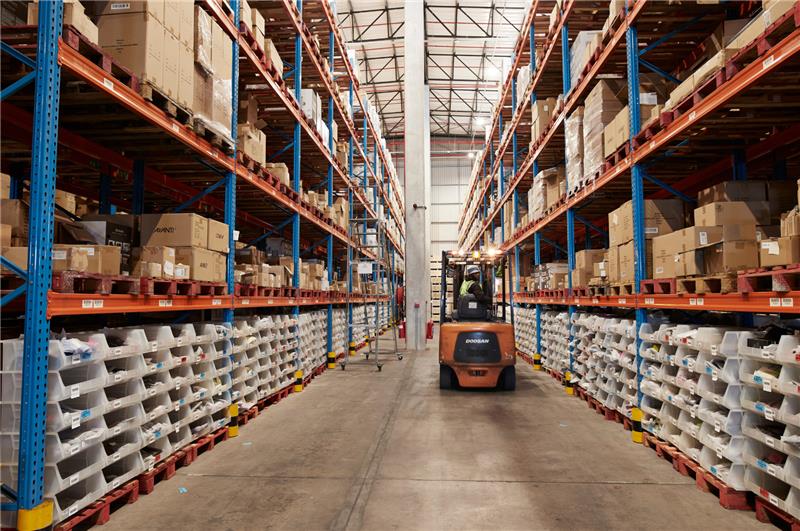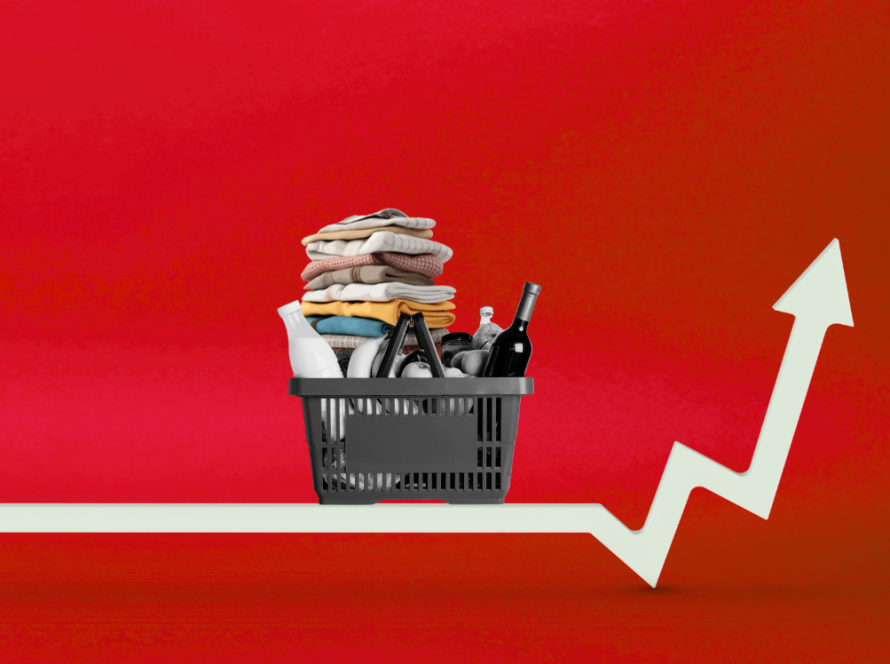The logistics-growth connection
In today’s fast-paced, digitally connected world, logistics is no longer just a back-end function—it’s a strategic growth driver. For South African businesses aiming to scale locally or expand globally, investing in logistics expertise and supply chain innovation is essential.
Whether you’re an e-commerce startup in Cape Town or a manufacturer in Durban looking to expand into international markets, your ability to deliver efficiently, adapt quickly, and make data-driven decisions can make or break your growth journey.
Why logistics matters more than ever
South African businesses face unique challenges: long distances between major cities, port congestion, customs complexities, and rising fuel costs. These factors make logistics efficiency a competitive advantage.
Here’s how logistics expertise supports growth:
- Faster delivery times improve customer satisfaction
- Optimised inventory reduces overheads
- Cross-border readiness opens new markets
- Data insights drive smarter decisions
The role of supply chain technology
Modern logistics is powered by technology. From warehouse automation to AI-driven route planning, the right tools can transform your operations.
Key technologies include:
- Real-time supply chain visibility: Track goods from supplier to customer, reducing delays and improving trust.
- Cloud-based logistics platforms: Centralise data, automate workflows, and improve collaboration.
- Predictive analytics: Forecast demand, optimise stock levels, and reduce waste.
Data-driven logistics: Smarter, faster, leaner
Data is the new fuel of logistics. Businesses that harness data can:
- Identify bottlenecks in their supply chain
- Improve delivery accuracy and reduce returns
- Negotiate better rates with couriers and freight partners
- Make informed decisions about expansion and sourcing
For example, suppose you are a Gauteng-based online retailer. In that case, you can utilise delivery data to pinpoint high-demand zones in the Western Cape, reduce delivery times or decide on opening a satellite warehouse.
Building supply chain resilience
The COVID-19 pandemic, port strikes, and global shipping disruptions have highlighted the fragility of supply chains. Resilience is now a top priority.
To build a resilient supply chain, businesses should:
- Diversify suppliers and ensure that their logistics partner is adaptable and responsive
- Use local warehousing to reduce dependency on imports
- Invest in real-time monitoring and contingency planning
South African companies that survived recent disruptions did so by adapting quickly, often thanks to strong logistics partnerships and agile supply chain strategies.
Key takeaway
In today’s competitive and unpredictable market, logistics is no longer just a support function—it’s a strategic enabler of growth. South African businesses seeking to scale must adopt supply chain technology, invest in real-time visibility, and implement data-driven logistics to stay ahead. By building resilient, innovative supply chains, companies can unlock new markets, improve customer satisfaction, and future-proof their operations. Whether you’re expanding locally or globally, logistics expertise is the smart way to scale.
Ready to scale your business the smart way? Whether you’re shipping across provinces or borders, our logistics solutions offer the technology, expertise, and real-time visibility you need to grow with confidence.
Contact us today to explore advanced logistics solutions tailored for South African businesses.




